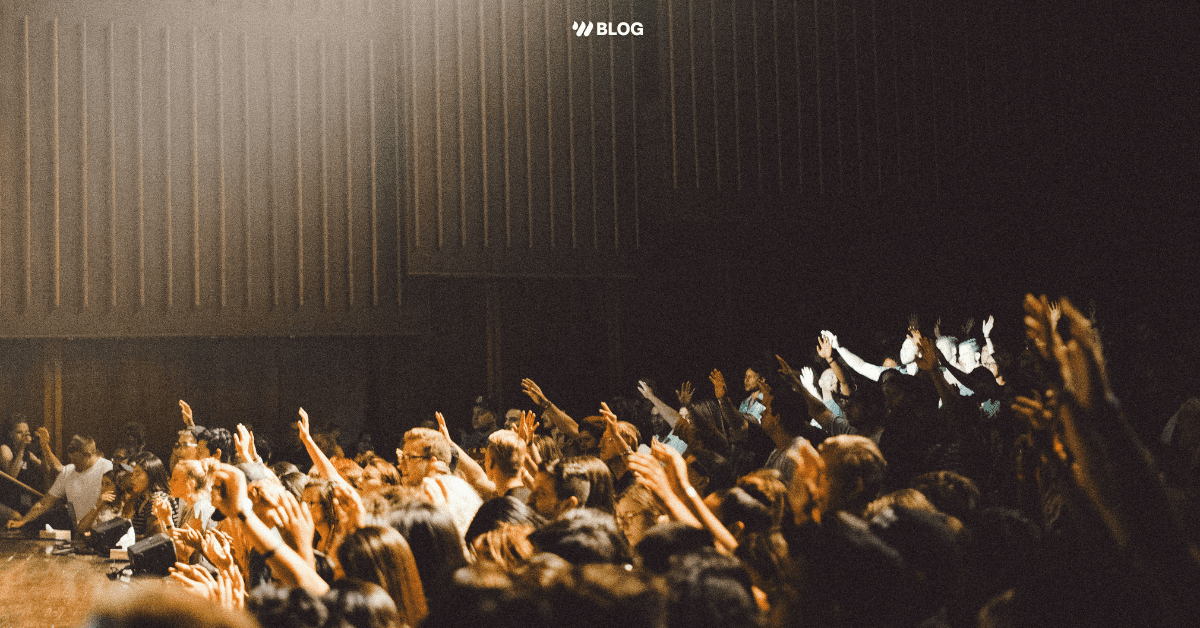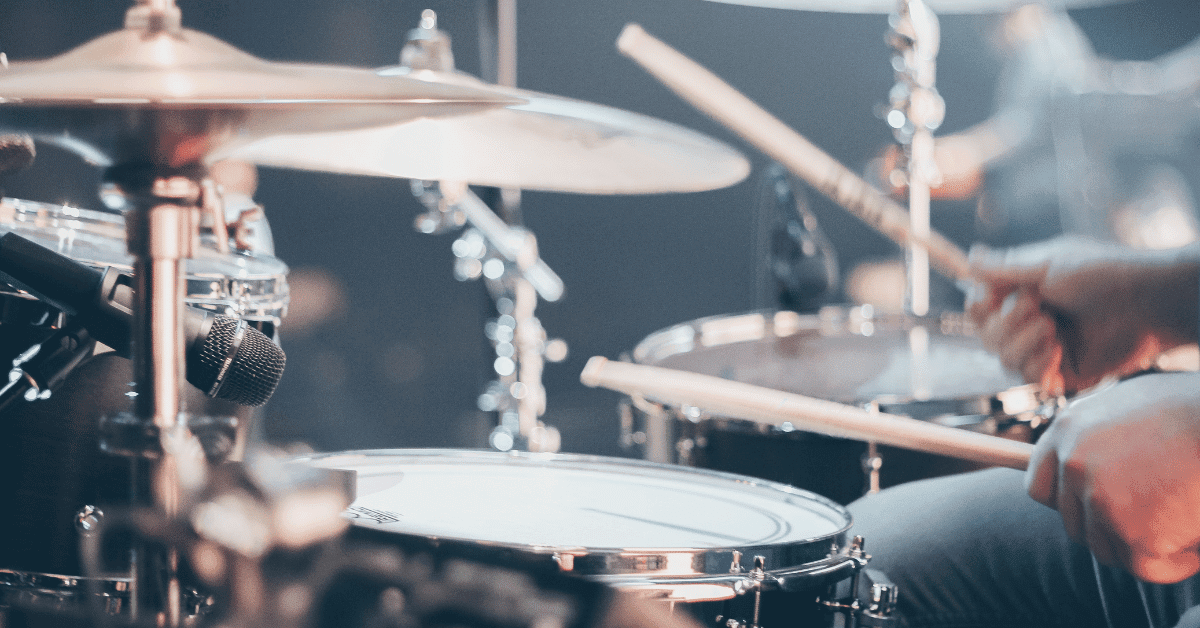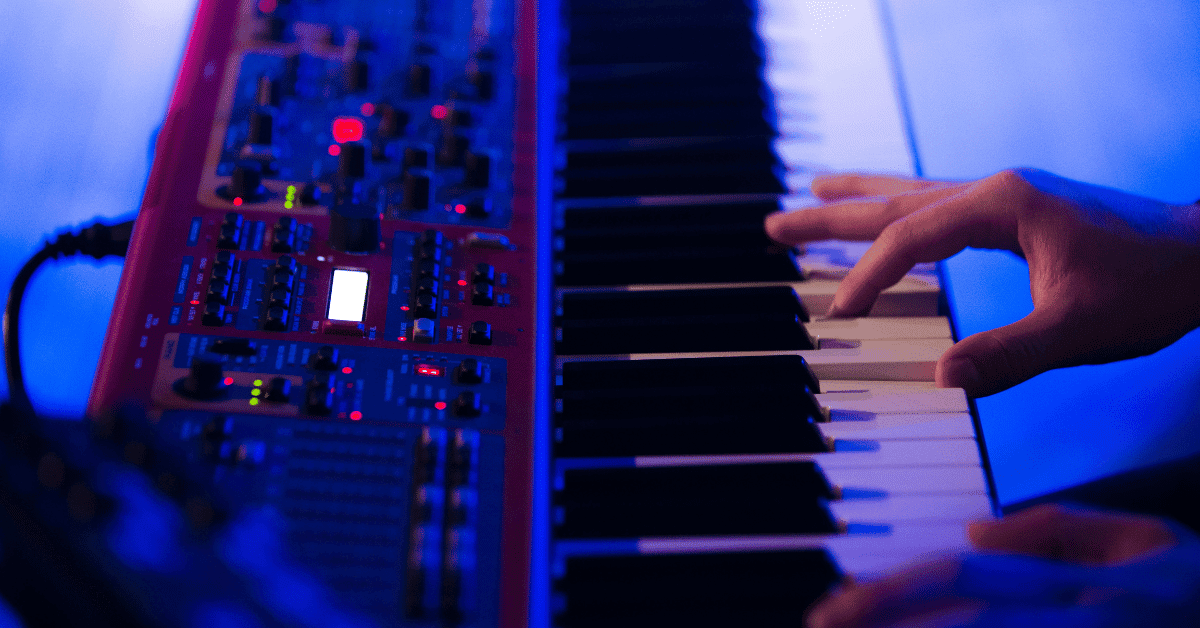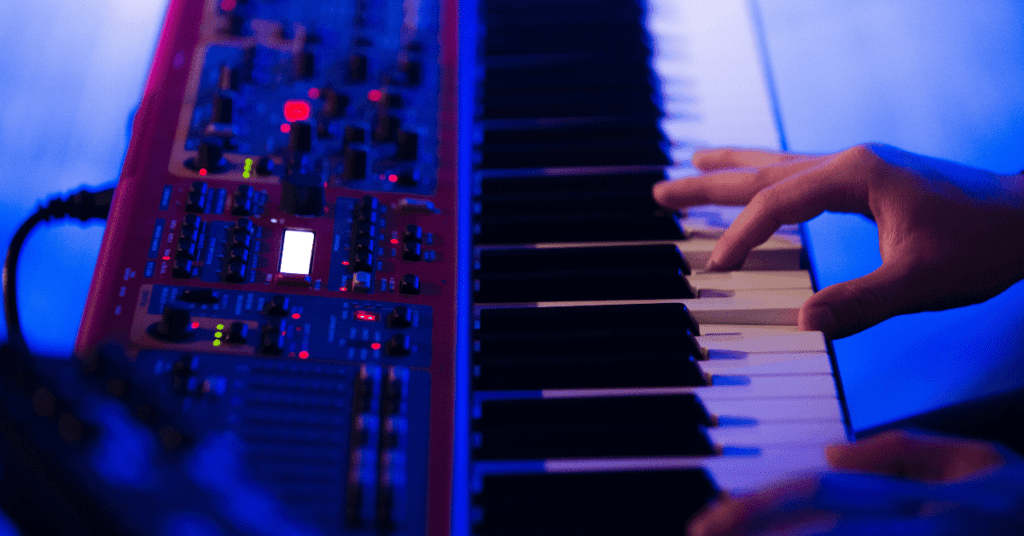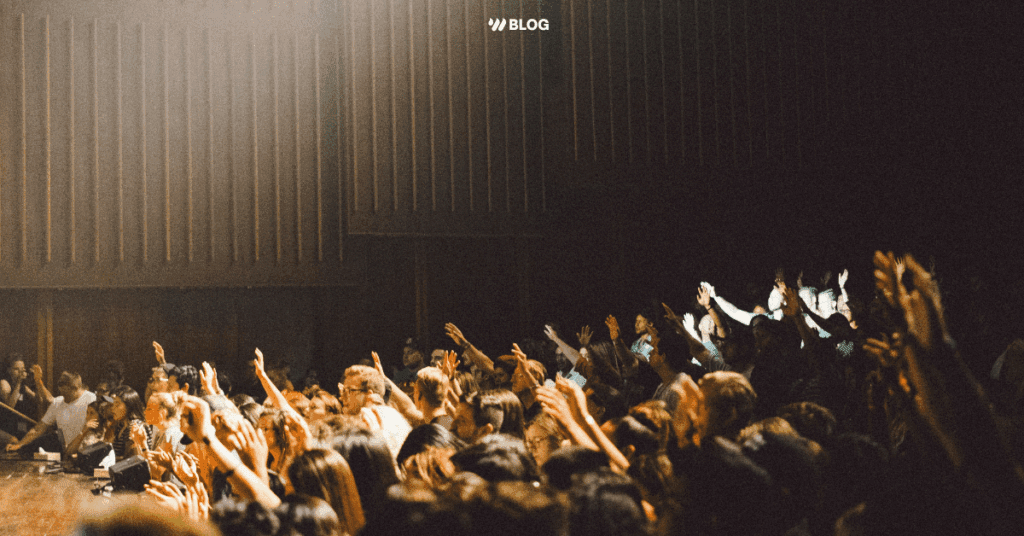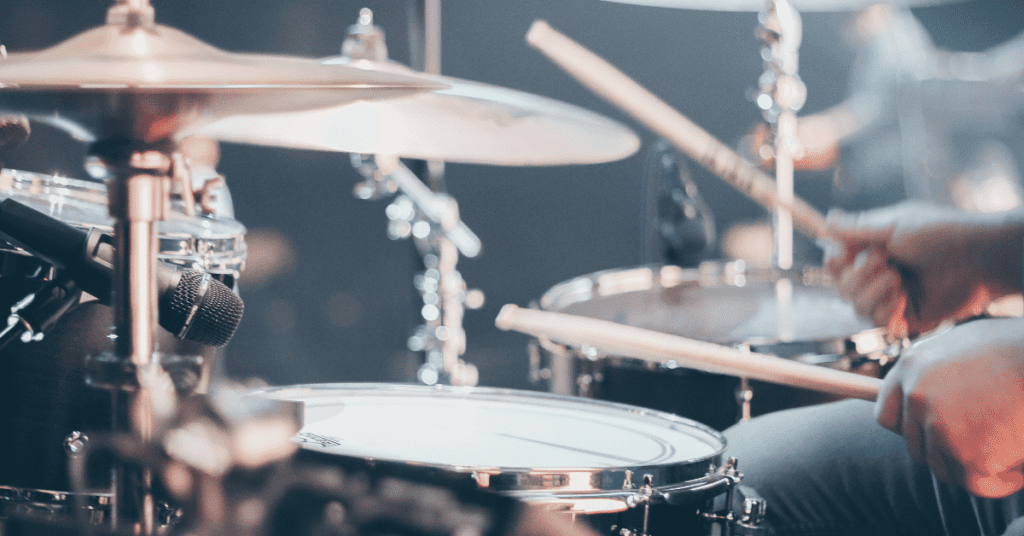Today I want to talk to everyone involved in your worship team who ISN’T an electric guitar player. More importantly, worship leaders or anyone calling the shots for the worship team. Guitarists, feel free to listen in and share you input.
Not everyone is an electric guitarist, but many of us are called to lead them. So what do we do and how do we do it? In our next three posts, I’m going to give you a run down of the essential things you NEED to know about electric guitar in order to effectively nurture the electric guitar/band relationship.
Let’s start here. You may or may not know this, but electric guitar has the potential to make or break your worship set. However, It is becoming a very common theme to have leaders allowing guitar players to show up and simply play or do whatever they want.
I’m finding that the root of this is that many of us just don’t know the first thing about electric guitar to give them any direction. And I don’t blame you, there’s ALOT to know. If you haven’t emersed yourself in the electric guitar culture for years, you most likely don’t know much about it.
In my opinion, drums, bass, keys, and vocals are the essentials for a band. However the electric guitars, played right, are what’s going to take your sound to another level.
So how do you as a leader make sure that happens? And what I’m about to say may upset some guitar players, that’s why I’m talking to us worship leaders right now.
Stop letting them solo/noodle!
Let me be clear about what I mean by “solo.” I’m not talking about designated guitar solo parts that enhance worship. I’m talking about “noodling” and just soloing for the heck of it. As an electric guitar player myself, I feel like I have the “right” to say this.
Is there a guitar solo in the artist recording of the song you’re playing? If it’s worship, I doubt it. It’s very rare. So why do you let your guitar players solo all over the top of a perfectly crafted worship song? To take it a step farther, name one great worship band that is known for soling!? Hillsong, nope. Jesus Culture, nope. Bethel, nope. Chris Tomlin, nope. The list goes on.
Soloing is distracting for worshipers and it does virtually nothing to add to the atmosphere of worship. If a guitarist is soloing, he is doing nothing to make the band sound full. Most of the time, guitar players use soloing as a cop out because they don’t actually know that parts to the song.
So your action plan:
- Encourage your guitarists to show up actually knowing how the songs go. If you haven’t signed your team up for Worship Online, do it. We teach the guitar parts exactly like album so there is no confusion. And the “I don’t have time to learn the songs” excuse is no longer valid!
- If you hear a solo that isn’t specifically supposed to be there or directed by you, put a stop to it! This can be tough sometimes. If you have a guitar player who just loves to solo, I suggest having a one on one conversation. Many guitar players are “showoffy” and egos can get involved.
Ok, so I can’t just end here without a caveat for this. I briefly mentioned this, bu there are occasions when guitar soloing ok. The most important thing to remember is that it should enhance worship, not distract from it. Even then, don’t overdo it. And many times, making the song “your own” is important as well. However, always start with a base of playing it like the original, then move on from there.
So my question: How do you feel about soloing in worship music? Leave a comment below!
Click here to read part 2!
Want to stay connected with us and our community? Sign up to get our blog posts via email! And you can also get access to our FREE 5 part video series on How Today’s Top Worship Guitarist Are Using Effects Pedals!
You may also be interested in these posts as well:
- Why Bands Like Hillsong and Bethel Use the Number System, And Why You Should Too
- The Single Most Important Thing When Playing Worship Guitar

